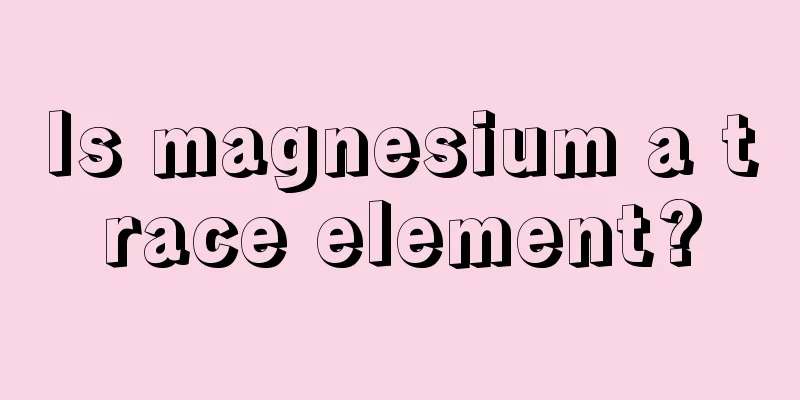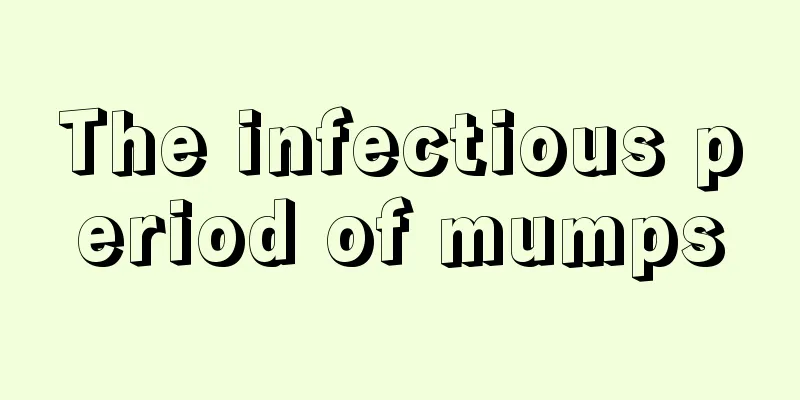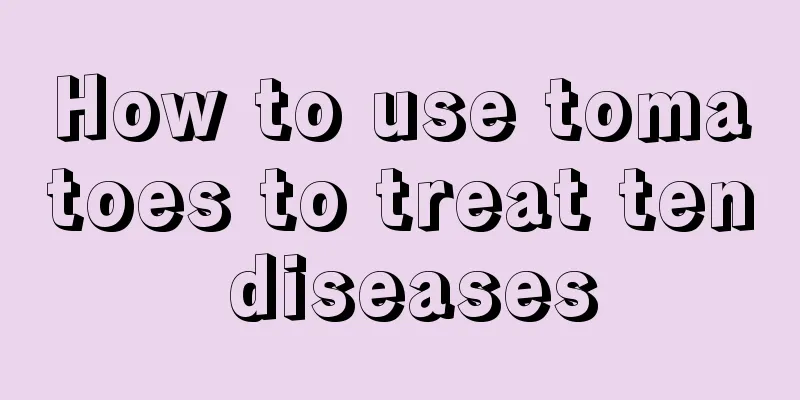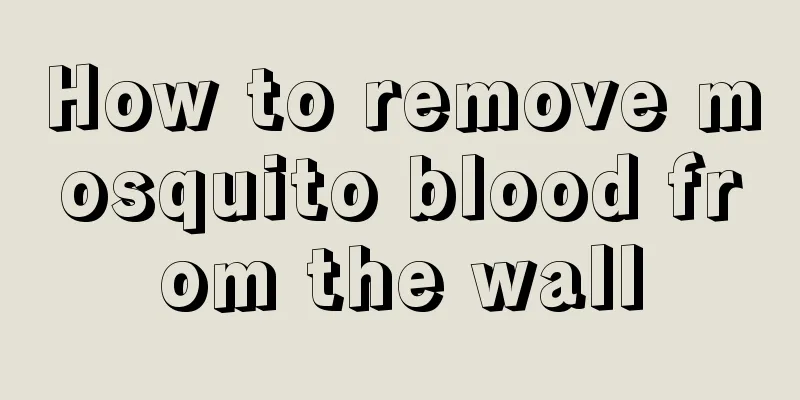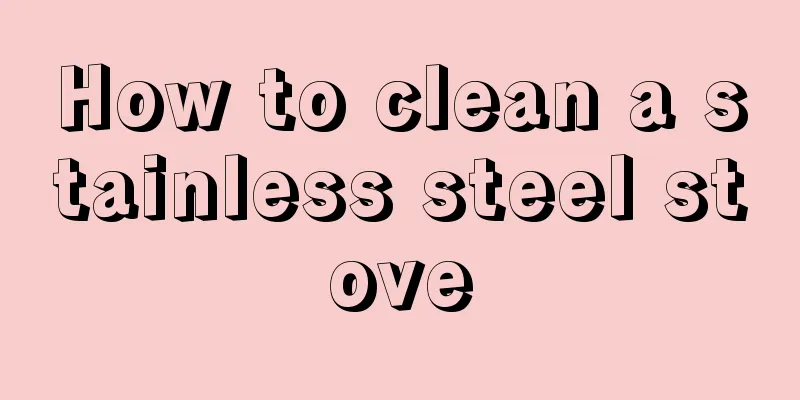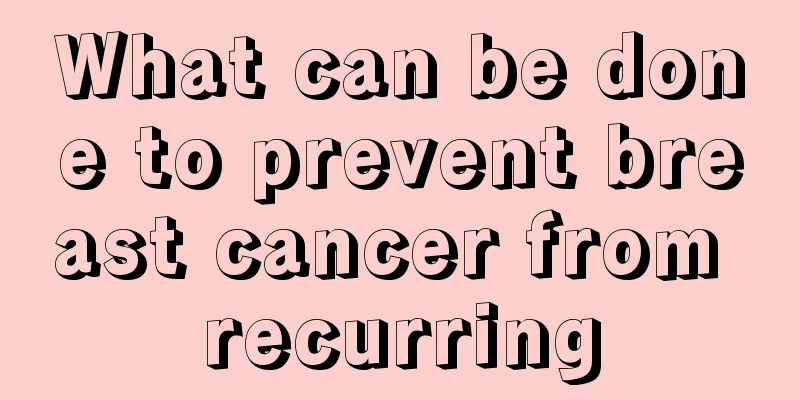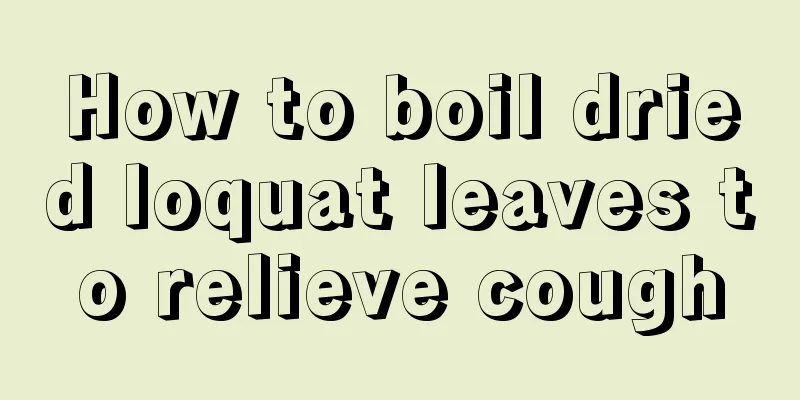Is it better to puncture or operate on a renal cyst?
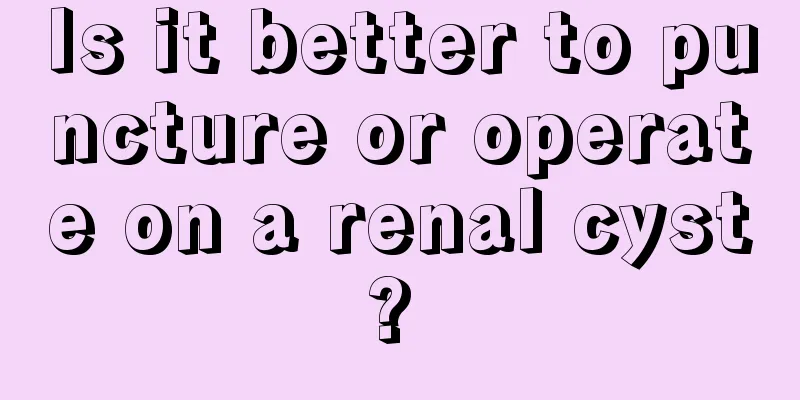
|
Renal cyst is not a hereditary disease. The main reason is that patients do not pay much attention to their bodies. If the renal cyst is not treated for a long time, it will seriously affect the patient's diet and the stability of the disease. Many patients do not quite understand whether renal cysts should be treated with puncture or surgery. So, is puncture or surgery better for renal cysts? puncture Pathogenesis Simple renal cyst is not a congenital or hereditary kidney disease, but an acquired one. It is generally believed that simple renal cysts originate from renal tubular diverticula. As age increases, the number of renal tubular diverticula increases. By the age of 90, the number of diverticula in each collecting duct may reach three, thus explaining the increasing trend of the incidence of simple renal cysts with age. The cysts may be unilateral or bilateral and may be one or more. It is usually located in the deep layer of the cortex or medulla, with a diameter of about 2 cm, but there are also cysts with a diameter of up to 10 cm. Microscopically, the cyst wall is covered by a simple layer of squamous epithelium. The cyst contents are similar to plasma filtrate, and the cyst fluid turnover rate is as high as 20 times a day. Clinical manifestations Simple renal cysts generally have no symptoms, but corresponding symptoms may occur when the cyst compression causes vascular occlusion or urinary tract obstruction. This disease is often discovered during urinary tract imaging examinations due to other diseases. In recent years, more and more health examinations have included abdominal B-type ultrasound examinations, and the detection rate of simple renal cysts has increased. It was originally believed that simple cysts did not affect renal function. However, image analysis of renal CT examinations showed that after correction for age, gender, primary kidney disease, etc., patients with renal cysts had higher blood creatinine levels than those without renal cysts, and the more cysts there were, the higher the blood creatinine level. This result suggests that simple renal cysts may affect renal function. Renal cysts can be treated by puncture therapy, but many patients feel that surgery causes more harm to the body. However, in this case, it is still recommended that patients, if their physical condition permits, undergo surgical treatment, because this will reduce the possibility of recurrence. Patients with renal cysts must control their sodium and potassium intake. Excessive intake will aggravate the condition. And you should also pay close attention to the amount of water you drink. It is best to record the amount of water intake and output for 24 hours, which will help control the disease. Puncture is generally a common method of treating renal cysts, and the treatment effect of this type of disease is very good, and there is no chance of recurrence for patients. Patients with renal cysts must control the intake of trace elements in their diet and ensure their internal health, which is relatively important. |
<<: What should I do if I have intestinal motility disorder?
>>: How many types of renal cysts are there?
Recommend
Do apples still have nutrition after being boiled in water?
Many people have weak gastrointestinal function, ...
Can fire therapy cure kidney deficiency?
Kidney deficiency occurs in many middle-aged peop...
The best diet for gastric cancer patients
Diet plays an important role in the treatment of ...
A new method for diagnosing small cell lung cancer
Do you know about the new method for diagnosing s...
Principle of braces correction
Wire braces are a surgical care method that must ...
Tips to whiten dark armpits
Summer is the season for wearing short-sleeved su...
How to use the moxibustion box?
Moxibustion is very familiar to many people, and ...
Where should I scrape if I have trouble sleeping
In recent years, in addition to cupping, a kind o...
Is physical therapy good for cervical spondylosis?
For a common disease like cervical spondylosis, w...
The benefits of drinking cloves soaked in water
The lilac flower that everyone is most familiar w...
How to use medicine to treat neuralgia?
The treatment of neuralgia cannot be ignored. Aft...
What are the efficacy indicators for liver cancer? Can primary liver tumors be cured?
What are the efficacy indicators for liver cancer...
Discuss in detail the clinical manifestations of anorectal melanoma
Anorectal melanoma accounts for 0.4% to 1.6% of a...
Why is the fish meat red?
Fish is one of the meats we often eat in our live...
Can yogurt and fish be eaten together
As modern people's health awareness improves,...
